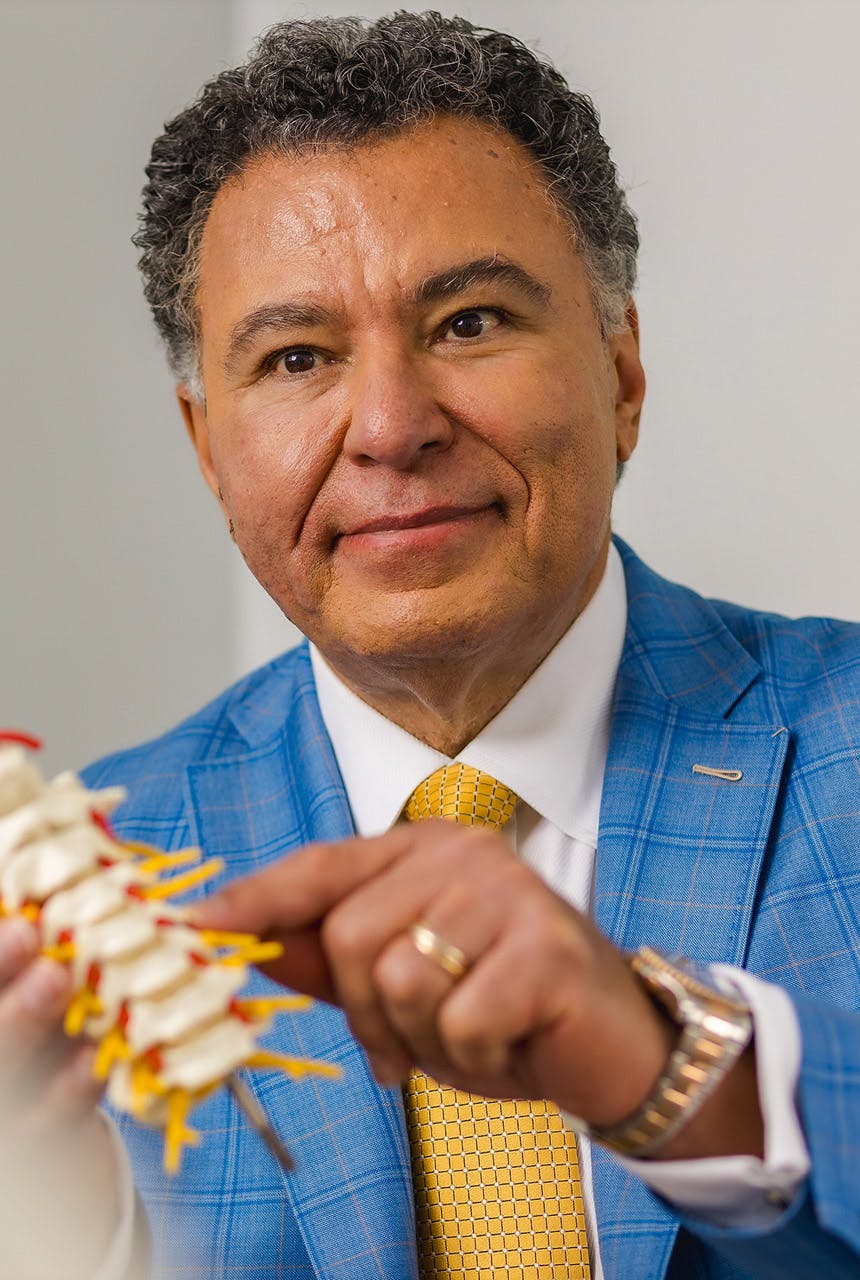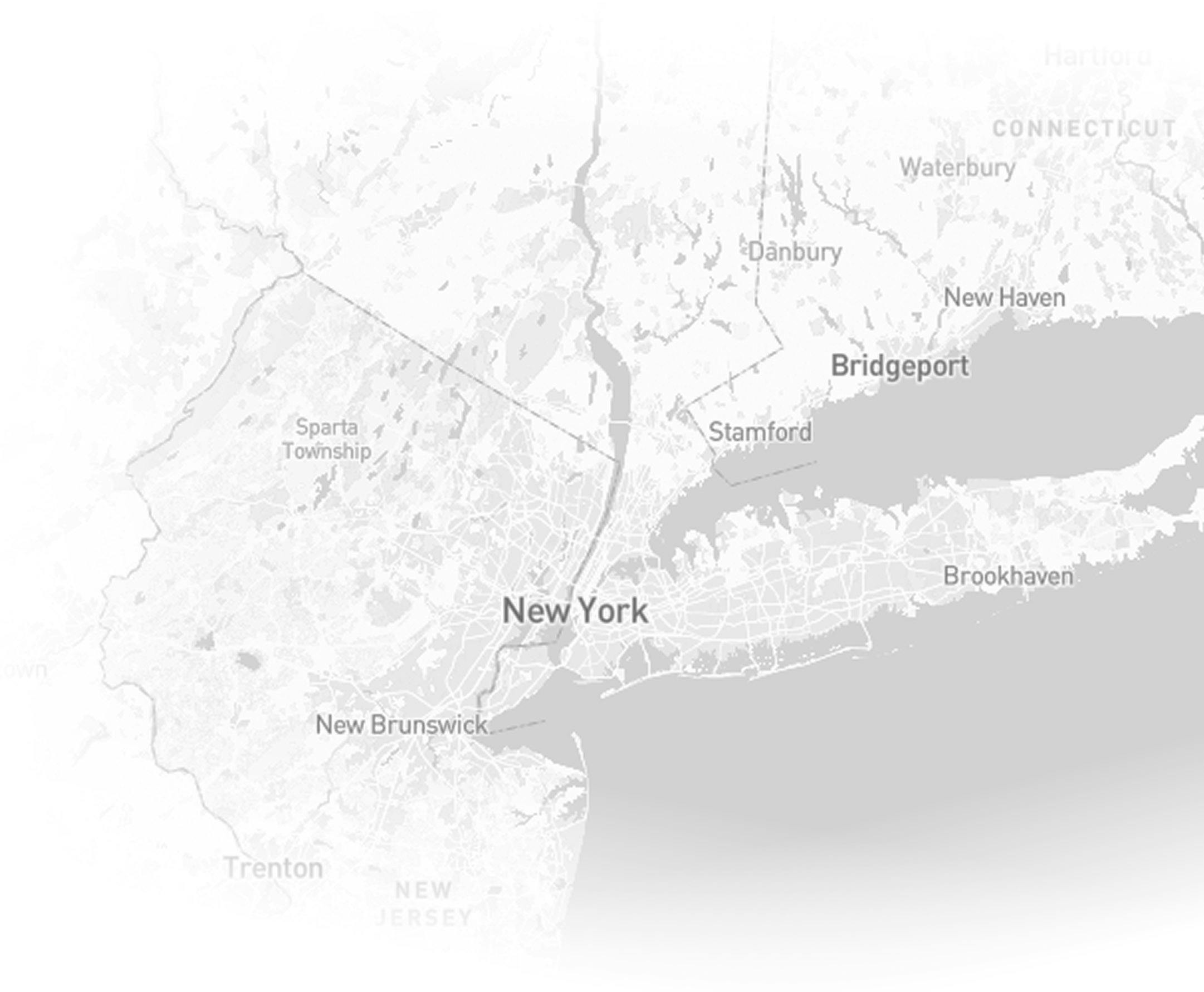New York's Top Orthopedic Spinal Experts
Institution-Level Care from a Practice That Knows Your Name
Independent and Patient-Focused
As a privately owned practice, NYSI isn't tethered to hospital systems, corporate mandates, or administrative red tape. That freedom allows every decision—from diagnosis to treatment—to be guided solely by what's best for the patient. It's personalized care, built around your needs, not institutional pressures.
Full-Spectrum Spine, Orthopedic & Neurological Care
Spine issues are complex—and often require more than just one specialist. At NYSI, everything is under one roof: orthopedic surgeons, pain management doctors, and physical therapists all working together. The result? A single, seamless plan from your first consultation to your full recovery.
Leaders in Advanced Spine Surgery
Spine surgery requires experience, precision, and trust. At NYSI, our team of highly trained surgeons has performed thousands of complex procedures with skill and consistency. Patients can feel confident knowing their care is in the hands of experts who specialize in delivering safe, effective outcomes every day.







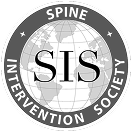







The Founder of NYSI Alexandre B. de Moura, MD, FAAOS

Trusted by Patients and Peers
Patients know him for his empathy and confidence. Physicians refer to him for his judgment and results. Dr. de Moura has built his reputation on trust, precision, and outcomes that truly change lives.

Early Inspiration
Dr. de Moura's path began with his father—a pioneering orthopedic surgeon whose legacy deeply shaped his passion for spinal care. From a young age, he witnessed how expert hands and compassionate care could transform lives, setting the foundation for a lifelong mission.
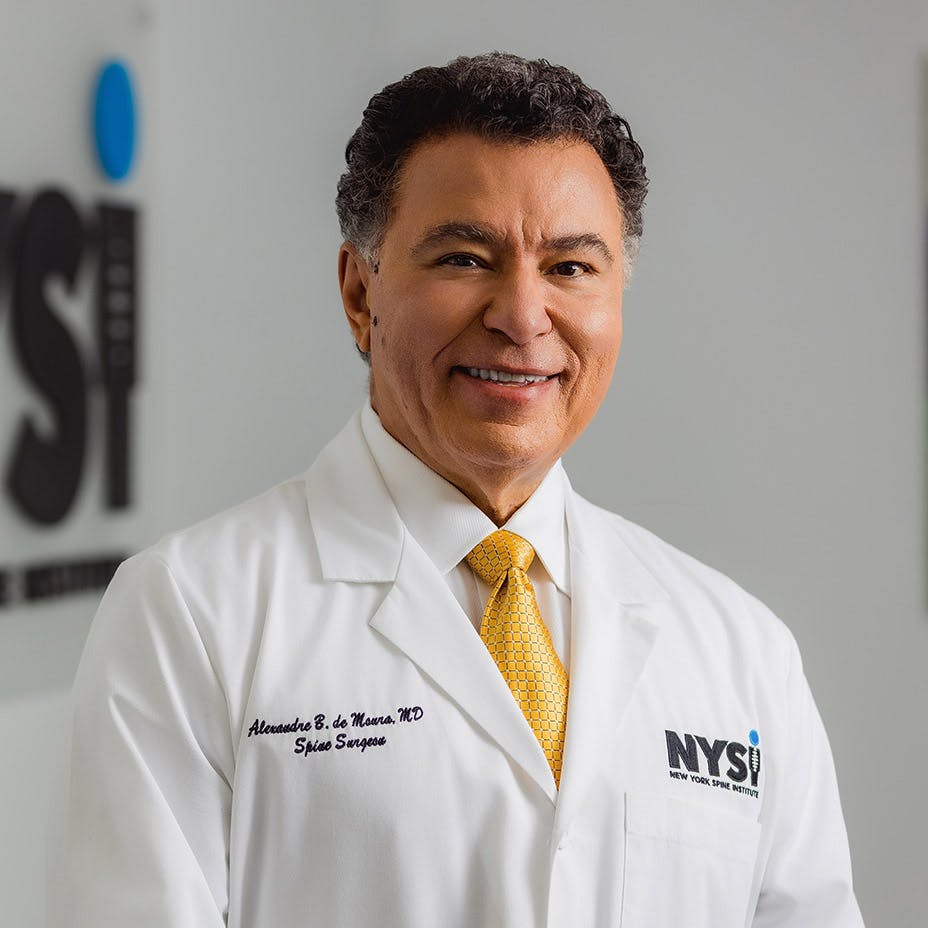
World-Class Training
Dr. de Moura received elite surgical training at some of the nation's top institutions, gaining the technical skill and clinical insight needed to treat the most complex spinal conditions. His background combines academic excellence with hands-on expertise.

Founding NYSI
In 2000, Dr. de Moura founded New York Spine Institute to bring comprehensive, multi-specialty care under one roof. His vision was clear: make world-class spine care accessible, coordinated, and deeply patient-focused.

20+ Years of Experience
With over two decades of specialized practice, Dr. de Moura has performed thousands of procedures and guided countless patients through recovery. His deep experience allows him to deliver not just treatment—but true transformation.
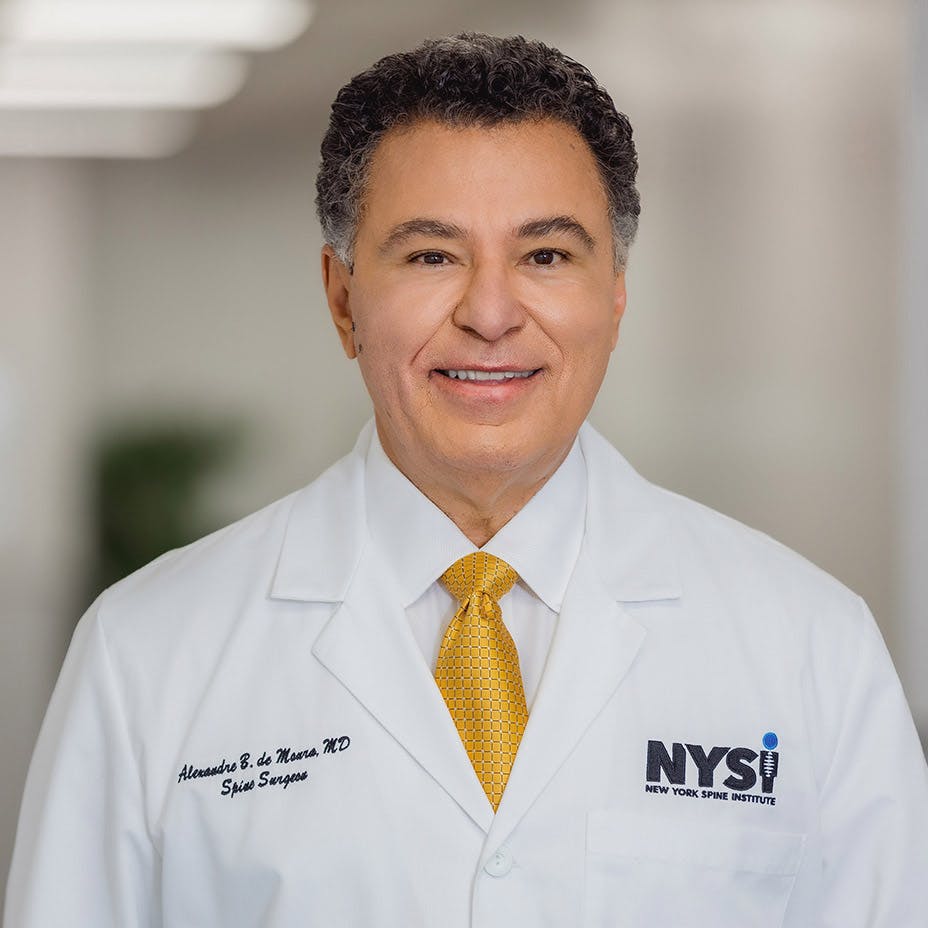
Specialist in Complex Spine Conditions
From scoliosis to spinal deformities and degenerative disorders, Dr. de Moura is known for handling the cases others refer out. He's not just a surgeon—he's a problem solver, often sought out when options feel limited.
Expertise. Compassion. Results. Award-Winning Care from NYC’s Top Spine Surgeons
Our team of New York spine specialists offers unmatched care and dedication to detail. We consult closely with your doctor to ensure we provide relevant and timely care built around your medical needs and background. Our willingness to partner with your doctor for any spine, orthopedic, or pain problem you face ensures a multifaceted approach that meets your best interest for the long term. From your first consultation to any surgical treatment and every step that follows, your recovery is safe in our seasoned hands.







Our number one priority? Your quality of life.
New York Spine Institute has been a trusted resource for patients dealing with orthopedic and spine conditions in New York City and beyond. Our team of specialists brings decades of experience and a commitment to serving with compassion and quality. With a wide range of specialties in our wheelhouse, many patients discover long-lasting results and effective health care solutions they couldn't find elsewhere. Our tailored approach ensures comprehensive care that meets each patient's precise needs — no matter their condition.
We offer orthopedic, neurosurgical and spine care framed in a forward-thinking culture, where we continually discover innovative ways to offer the best possible services. Using the latest technology and cutting-edge techniques, our team at New York Spine Institute strives to improve your quality of life.
Schedule a Consultation
Comprehensive Care, Seamlessly Delivered Everything you need in one, coordinated place
How can we help you?

In Their Own Words
“Dr. Macagno is the Best doctor! Professional and compassionate. Honest and knowledgeable. Worth every star and about 10 more!!!”
M.C.
“Please accept my sincere gratitude for helping me overcome a very serious back problem that I’d had for many years.”
J.B.
“I sing his praises everyday and I always post on social media about how amazing I am doing every year on the anniversary of my surgery.”
G.
“I worked with Dr. Macagnau and he was amazing! Extremely friendly and funny to match his knowledge and guidance with my injury.”
J.R.
“I want to thank you from my heart for all you’ve done for me at such a difficult time in my life. You are a fine physician giving to those in need.”
K.F.

Gregg Brockington Spine Surgery Patient
“The service I’ve seen through New York Spine Institute has been exemplary.”
Where does it hurt?
Cervical / Neck
The cervical spine is the neck region of your spinal cord. This section supports the weight of your skull, helps with posture, and allows you to turn and rotate your head.
The nerves within the cervical spine control other body parts, such as the fingers and shoulders. Because these nerves have widespread effects, you might experience cervical issues outside of your neck before your diagnosis. Our cervical spine doctors in New York City can alleviate these and other issues:
- Occipital Neuralgia
- Cervical Spinal Myelopathy
Upper Back
Many muscles, nerves and ligaments run through your neck and upper back. You can strain your neck from sleeping in awkward positions, looking up or down constantly, wearing heavy necklaces and even allowing stress to linger. Neck and back pain treatment is often nonsurgical, but we can sometimes perform minimally invasive surgery if required.
Maintaining a healthy neck and back can make you more comfortable in daily life. We offer professional back and neck pain treatments in New York City, including care for the following:
- Whiplash
- Neck Pain
- Muscle Strain
Hand / Wrist
Your hands and wrists consist of many muscles, ligaments and bones that enable you to perform countless tasks. However, their utility can make them more susceptible to pain from accidents, over-usage or ongoing conditions. If you notice continuous discomfort in your hands or wrists, we can take a proactive approach to your pain relief.
When you work with us, one of our New York City hand and wrist doctors will help you address these issues and restore your quality of life. We treat many common conditions, including the following:
- Arthritis
- Carpal Tunnel
- Wrist Injuries
Elbow
Your elbow plays a vital role in your daily activities, from scratching an itch to throwing a baseball. You may experience pain in this area due to tendon inflammation, excessive usage or other causes — especially if you do a lot of heavy lifting or play a sport. Elbow pain can also accompany shoulder pain, depending on the cause of your discomfort.
If you have elbow or shoulder pain, our NYC doctors have the expertise to help you recover. Trust our experts to alleviate issues like:
- Soft tissue injuries
- Fractures
- Work injuries
- Frozen shoulder
Lower Back
The lumbar region comprises five bones in the lower half of your spine, surrounded by intervertebral disks, ligaments, muscles, nerves, tendons and the spinal cord. Your lumbar region supports your body weight and enables motion. Over time, the bones in the spine weaken, increasing the potential for injury and pain.
Injuring your lumbar spine can impact your daily life. We offer professional lumbar and lower back pain treatment in and around New York to help you recover from diseases and injuries including:
- Herniated Discs
- Lower back pain
- Muscle strain
- Sciatica
Hip
Because it’s a ball-and-socket joint, your hip can withstand plenty of rejuvenating jogs, golf games and other activities. As you age, you become more susceptible to major hip pain. If you’re experiencing hip pain, it may be because of natural wear and tear, overuse or a recent injury.
We provide quality hip pain treatment in NYC and beyond. Work with our team to develop a personalized plan for any of the following:
- Hip fractures
- Rheumatoid arthritis
- Hip surgery
- Muscle strains
Knee
Knee pain is a common symptom that can result from an injury, medical condition or excessive usage. While minor symptoms may respond well to self-care, professional care often provides quicker and longer-lasting relief. If it is left untreated, knee pain can become a severe concern with continued overuse.
Our neighbors in NYC and the surrounding areas have access to expert knee pain treatment. We specialize in numerous options:
- Torn meniscus
- Sports injuries
- Knee arthroscopies
- Bursitis
- Loose body removal
Foot / Ankle
Many people experience foot or ankle pain, whether it’s from high heels, overuse or a medical condition. If you have severe or persistent symptoms, it’s best to consult a professional. Seeking treatment for major and minor foot pain allows you to mitigate potential issues.
Your feet are a complex network of bones, joints and soft tissue, so we take our time choosing appropriate treatment solutions. New York Spine Institute specializes in diagnosing and treating conditions such as these:
- Ligament injuries
- Arthritis
- Soft tissue injuries

Expert Care for Common & Complex Conditions
Solutions for Every Spine
Our specialty areas cover a wide range of conditions — both common and complex. We can provide the latest diagnostics and medical treatments tailored to each patient's unique needs. We commonly treat conditions affecting the neck, back, arms, and legs, including herniated discs, scoliosis, spinal stenosis, and adult and pediatric deformities. We can also provide expert consultation and physical therapy care for spine and orthopedic issues caused by trauma, infections, injuries, car and sports accidents, stress injuries, and fractures.
No matter the root of your pain, we offer compassionate and seasoned spine and orthopedic care throughout Long Island and NY.
Watch & Learn Care Tailored to Your Condition
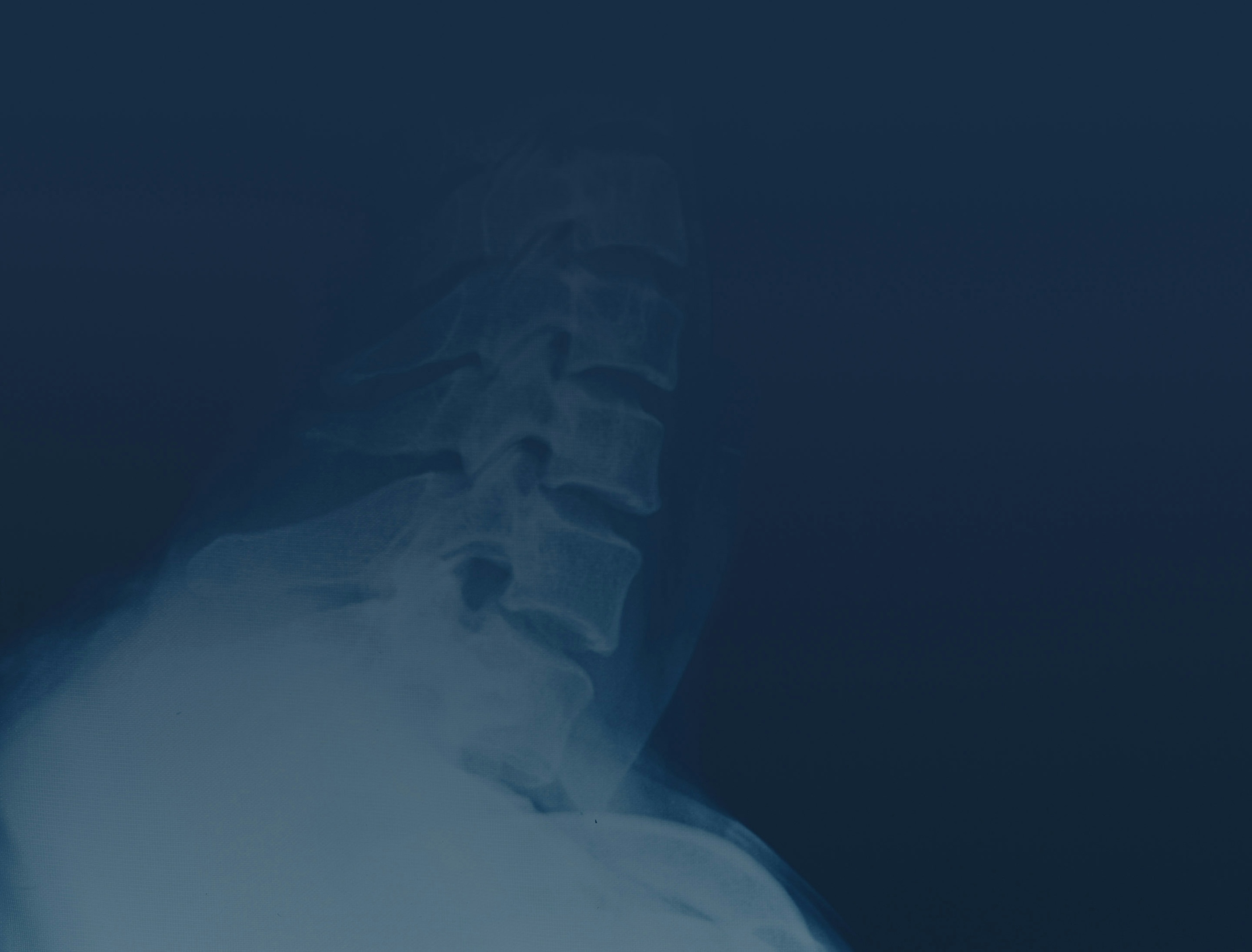
Personalized Care, Every Step Your Journey with NYSI
Start With a Specialist’s Perspective
Your journey begins with a thorough evaluation by a seasoned specialist. We take the time to understand your symptoms, history, and goals—ensuring nothing is overlooked before moving forward.
Building Your Personalized Treatment Plan
Using diagnostic imaging, test results, and team collaboration, we create a treatment plan tailored to your unique condition—whether it involves surgery, non-surgical intervention, or a combination of both.
Expert Treatment From a Multi-Specialty Team
You'll receive care from a coordinated team of orthopedic surgeons, neurosurgeons, pain management doctors, and physical therapists—working together to deliver optimal outcomes.
Recovery Backed by Long-Term Support
Our commitment to your health doesn't end after treatment. We guide you through recovery and beyond with rehabilitation, follow-ups, and continued access to our team every step of the way.

Convenient Care, Close to Home Our Locations
Additional Resources
Exceptional Care When You Need it Most
Are you struggling with an orthopedic, spine or neurological issue that’s affecting your quality of life?
As trusted spine and orthopedic surgeons in NYC, we provide our patients with compassionate care and individualized solutions. Our physicians at New York Spine Institute are here to offer assistance and create an effective treatment plan for you. Since 2000, we’ve upheld a reputation for excellent service across the New York City area. When you join our patient network, you can trust our team to deliver outstanding care every time.

